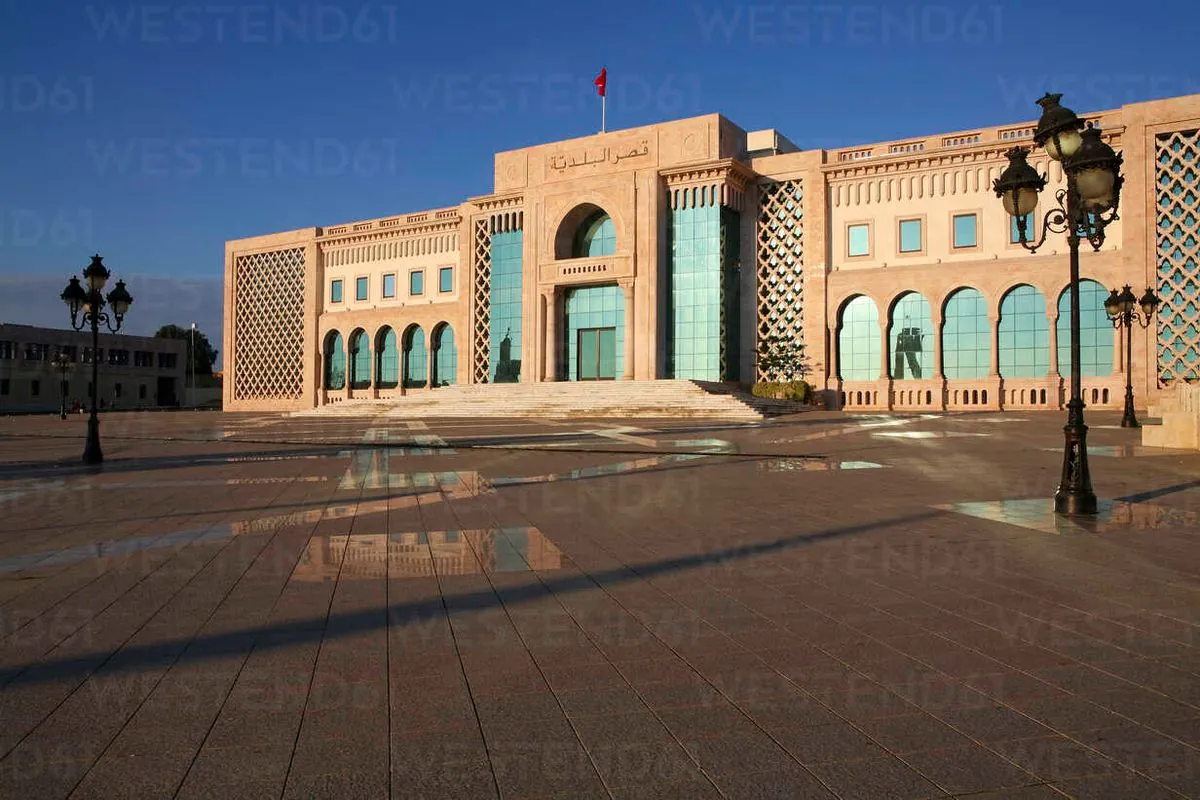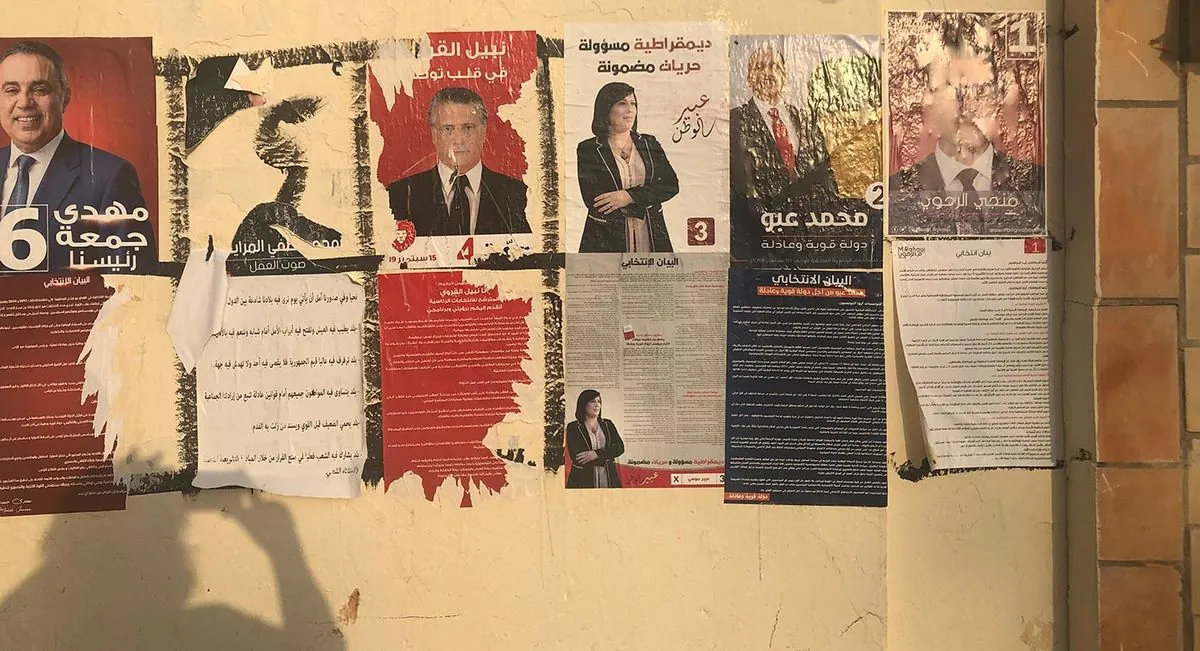Tunisian Opposition Alleges Unfair Practices Ahead of Presidential Election
Tunisian opposition accuses authorities of using restrictions to favor incumbent President Saied in upcoming election. Concerns raised over fairness and transparency of the electoral process.

In the lead-up to Tunisia's presidential election scheduled for October 6, 2024, opposition parties and human rights groups have raised concerns about the fairness of the electoral process. The allegations come as Kais Saied, the incumbent president, seeks re-election for another five-year term.
A group of 11 opposition candidates have jointly criticized what they perceive as "arbitrary restrictions" and intimidation tactics by the authorities. These accusations suggest a potential attempt to exclude serious contenders and pave the way for a specific candidate's victory.

One of the main issues highlighted is a new requirement for candidates to obtain a document certifying they have no criminal record. As of August 2, 2024, none of the opposition candidates have received this crucial document, which is necessary for registration. The Election Commission has stated that the interior ministry will contact candidates to provide the required documentation, but no specific timeline has been given.
"A climate of intimidation of opponents and journalists through the use of the judiciary and the Election Commission to serve the interests of the authorities and the lack of equal opportunities does not provide guarantees for free and fair elections."
The concerns extend beyond administrative hurdles. Seventeen non-governmental organizations and six opposition parties have criticized the government's control over public media, the judiciary, and the Elections Commission. They argue that this control creates an environment that does not guarantee free and fair elections.
Specific cases of alleged intimidation have been reported. Nizar Chaari, a presidential candidate, claims his campaign manager and a volunteer were arrested, and police confiscated signatures endorsing his candidacy. Another candidate, Lotfi Mraihi, was sentenced to eight months in prison on vote-buying charges and received a lifetime ban from running in presidential elections.
These developments occur against the backdrop of Tunisia's complex political landscape. Kais Saied, elected in 2019, dissolved parliament in 2021 and began ruling by decree, a move the opposition described as a coup. Saied has stated he will not hand over power to those he deems "non-patriots."
Tunisia, the northernmost country in Africa, has a rich history and diverse landscape. Since gaining independence from France in 1956, it has played a significant role in regional politics, notably sparking the Arab Spring in 2011. With a population of approximately 12 million and an economy heavily reliant on tourism, the country faces numerous challenges as it navigates its democratic process.
As the August 6, 2024 deadline for candidate registration approaches, calls for lifting restrictions on candidates and ensuring the neutrality of the Election Commission have intensified. The international community watches closely as Tunisia, a non-NATO ally of the United States since 2015, prepares for this crucial election that will shape its political future.


































